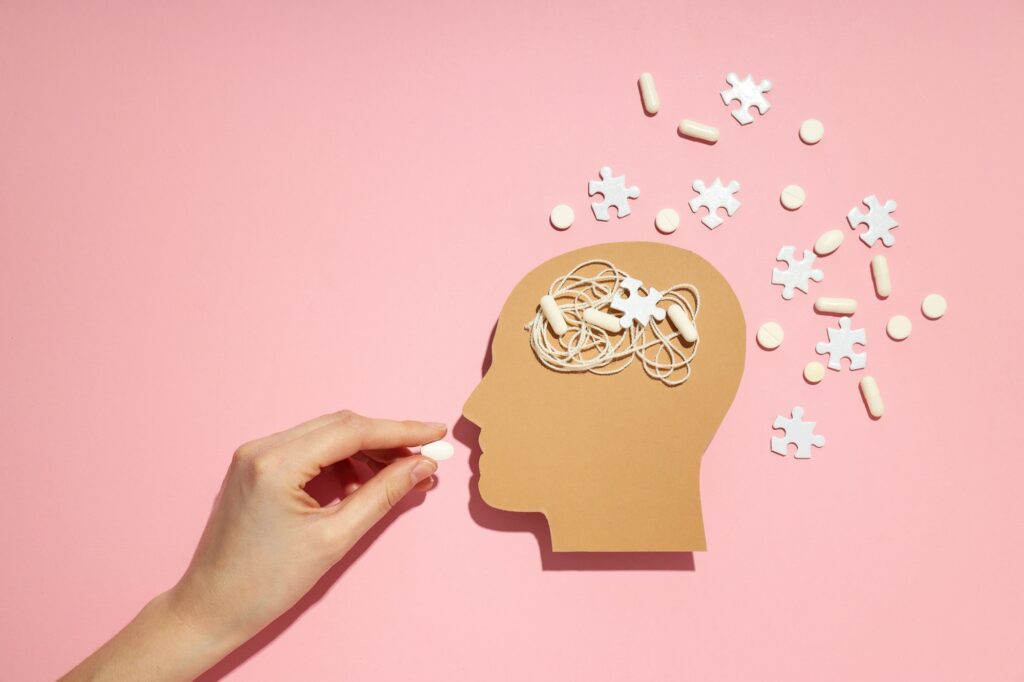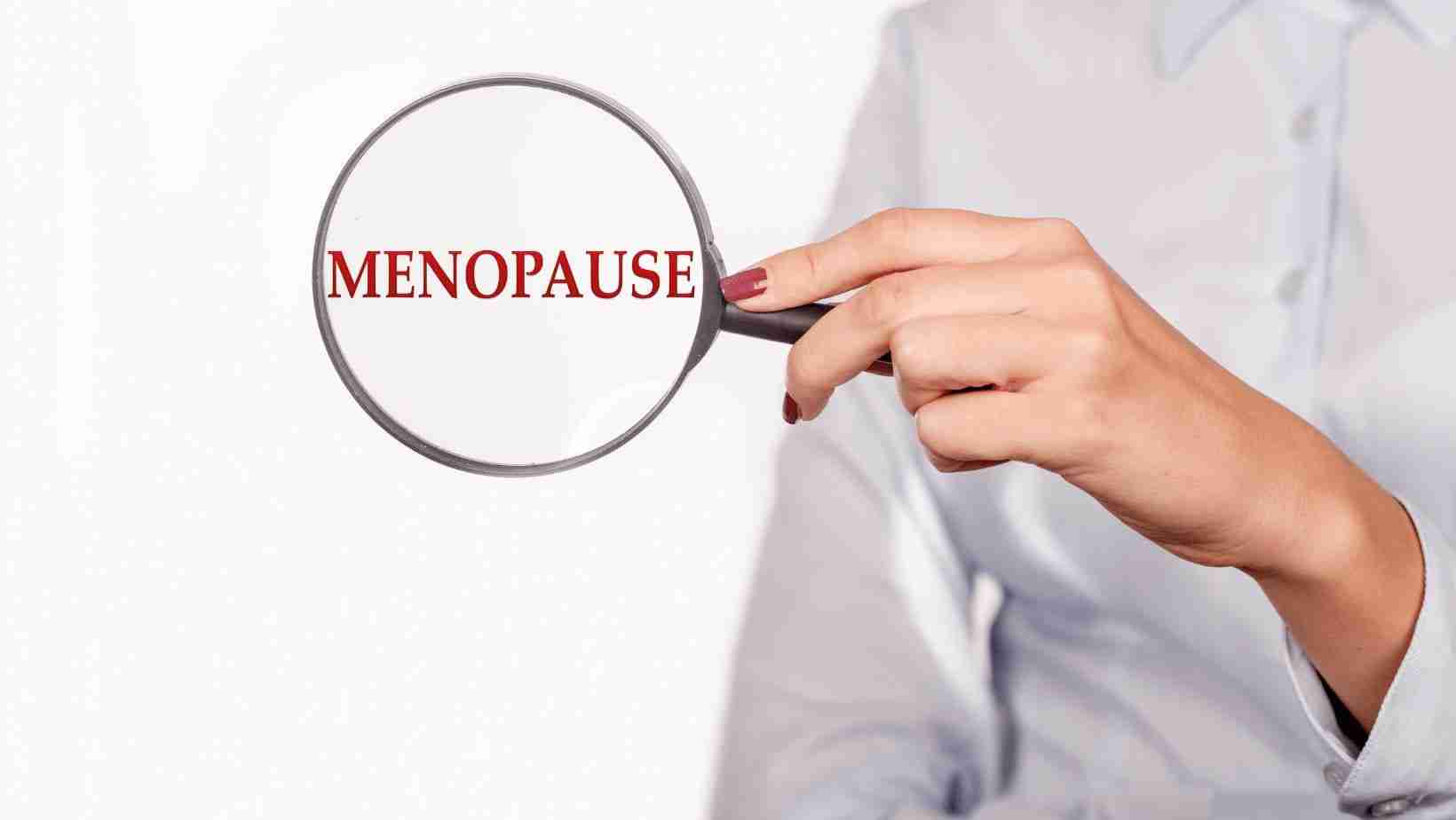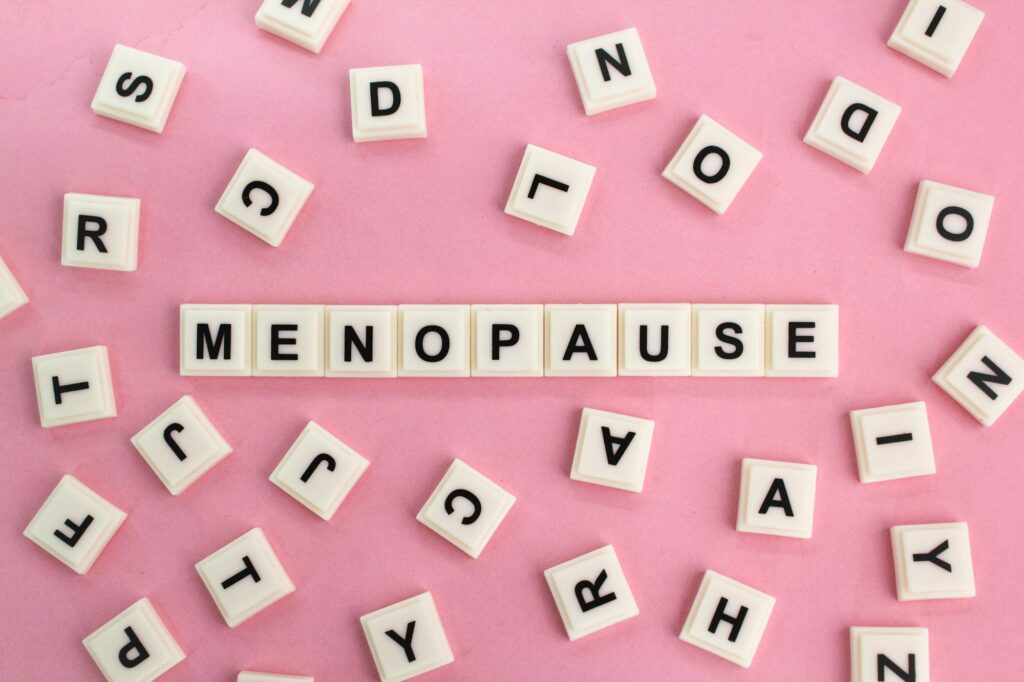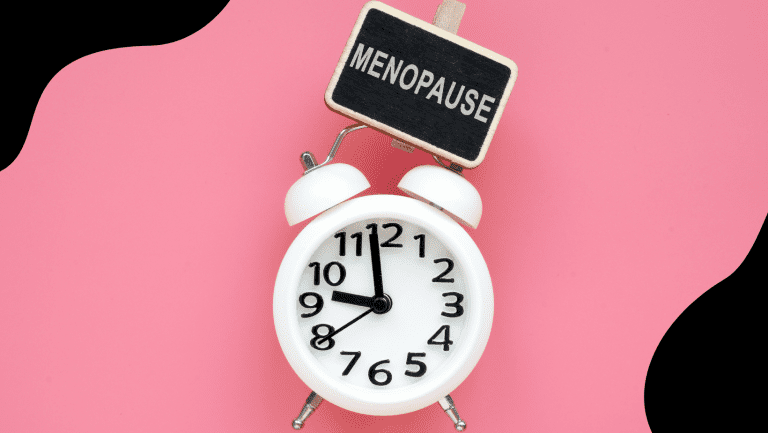9 Surprising Menopause Facts and The Encouraging News
Are we finally starting to see renewed interest in menopause and hormone management? I think so. Learn the 9 surprising menopause facts and all of the encouraging news.
In the October issue of O Magazine, Oprah wrote an essay about the fact that she started on estrogen at the time of menopause (and is still taking it) and it proved to be a miracle drug for her. Her comments prefaced an article in the magazine entitled, The Agony and Yes, the Ecstasy of Menopause.
Let’s face it, we always hear about the ugly side of menopause but there is much more to the story. I spent two years researching and writing a book about this issue after helping my patients through this cycle of life.
I will first share some facts that may surprise you, but keep in mind I have some encouraging information about the estrogen question to share in the end.
It is so important to educate yourself about menopause, treatments and side effects. Here is a good start. For those of you who are approaching menopause, check this article out here.
There is even more to know about menopause . . .
We know that estrogen plays a role in just about every area of our body. So it stands to reason that when our estrogen level falls dramatically at the time of menopause, all the important things that estrogen was doing are going to suffer. I’ve described some of the more commonly known symptoms and problems arising from menopause in my earlier article. But here is the rest of the story.
Loss of muscle
Need help opening that jar now? Estrogen is important to help fuel and maintain our muscle cells. After menopause, a woman’s muscle mass declines substantially, resulting in a loss of strength.
Appearance of facial hair
Where did that chin hair come from? Prior to menopause, a woman has much higher levels of female hormones in her body than male hormones, However, after menopause, the estrogen level declines so much that male hormone effects predominate. This leads to the appearance of facial hair particularly above and below the lips, and hair thinning particularly over the top of the head.
Accelerated skin aging
Where did those wrinkles come from? You may know that healthy collagen is important to maintain healthy skin. Estrogen is necessary to promote good quality collagen. After menopause the skin begins to age at an accelerated rate because the weakened collagen causes thinning of the skin layers, decreased elasticity, and problems maintaining skin hydration. These changes lead to more fragile skin, wrinkling, and poor wound healing.
Joint pain and arthritis
Speaking of collagen, it is also a major component of joints. As collagen quality diminishes after menopause, women note more joint pain and arthritis. The collagen in the spinal discs, which are the pads between our vertebrae, is also affected. The loss of estrogen causes thinning and dryness of the discs and this makes them prone to rupturing and herniating. This causes back pain, and when a protruding disc presses on a nerve going down the leg this creates sciatica.
Liver problems
A common cause of liver disease is due to fat deposition in the liver. This condition is known as a fatty liver. After menopause the rate of fat accumulation in the liver can increase rapidly. In some cases this can progress to cirrhosis and liver failure.

Parkinson’s disease
Parkinson’s disease causes tremors and a progressive decline in motor function that interferes with walking and balance. It is usually seen more often in men than women, but after menopause the risk in women increases sharply.
Weakening of the immune system
Why am I suddenly getting urinary tract infections? Normally a woman’s immune system is stronger than a man’s but after menopause this advantage wanes. A weakened immune system increases the risk of developing an infection and lowers the ability to fight infections.
An increased risk of glaucoma
Studies have shown that estrogen helps keep the eye pressure under control. Elevation of the pressure inside the eye causes glaucoma which damages the retina and causes progressive loss of vision.
Hearing loss
What did you say? Hearing acuity declines after menopause and studies have shown that the loss of estrogen affects the delicate structures in the ears that keep our hearing intact. This leads to problems hearing and hearing loss.
In conclusion
How do we know that these problems are from menopause and not just a matter of aging? Good question. Scientists have looked at this issue and have determined that these problems are due to the loss of estrogen. Evidence for this comes from the following sources:
- Studies have been done comparing women of various ages going through menopause to other women (and men) of the same age and have demonstrated that it is menopause and not simply aging that increases these problems.
- Women who have their ovaries removed at an early age have higher rates of these problems than women who have not had their ovaries removed.
- These problems show up in lab studies using mice and rats that have been depleted of estrogen by removing their ovaries.
- Many studies have compared women taking estrogen replacement after menopause to women not on hormones and it has been shown that estrogen therapy decreases the onset and progression of many of these conditions.
I believe it is important that women understand the many roles that estrogen plays in the body, and what happens when it is no longer present after menopause. That is why I wrote, The Estrogen Question: Know Before You Say “No” to HRT . Many factors go into managing the symptoms and consequences of menopause and women should not make decisions without knowing the full picture of how the loss of estrogen affects their health.








